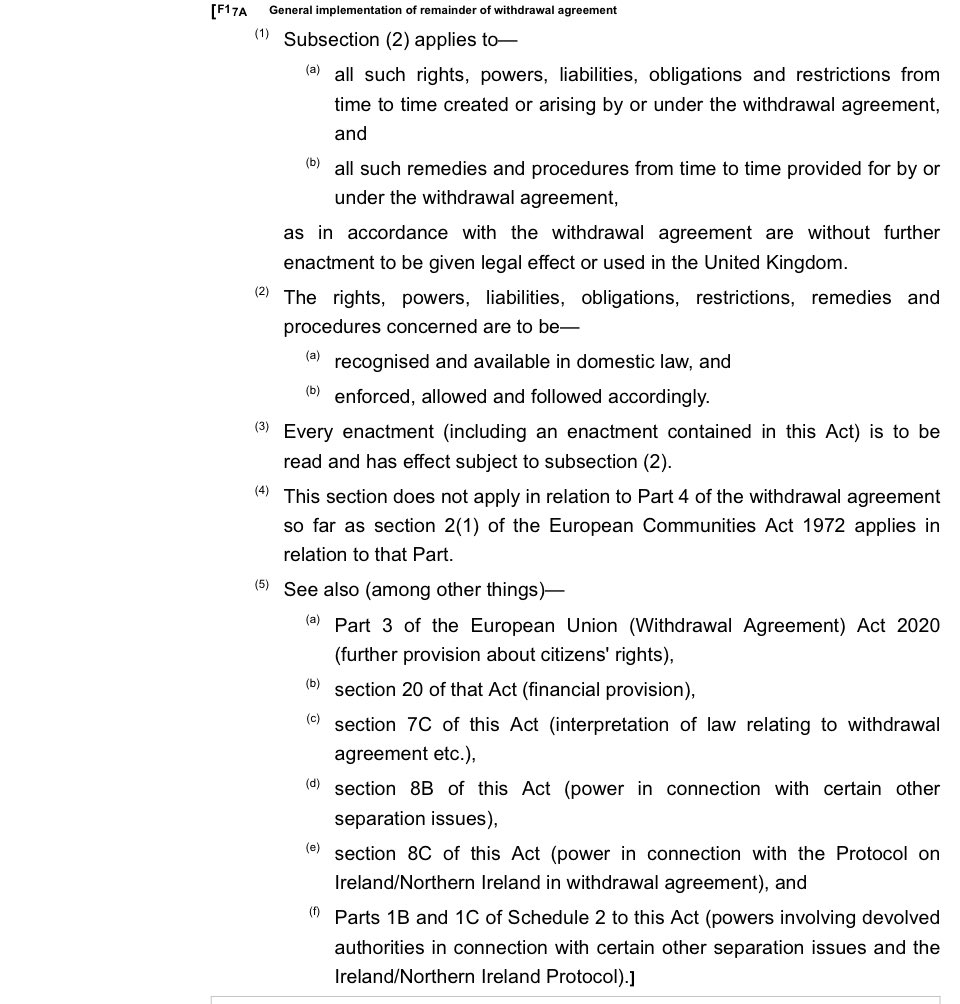
Interesting set of responses to that question. The best answers note that inward mobility from the EU may not be in the national interest simply because the volume will be larger.
https://twitter.com/GeorgePeretzQC/status/1405450710330793984
But that response raises further questions about the current government’s position.
1. The govt now accepts that it’s in UK national interest to have outward mobility for young people/creatives/business etc to 🇦🇺.
So it must follow that (absent a good reason) that the government accepts that it would also be in the national interest to have equivalent outward mobility to the EU (and even more so, given that many more can take advantage of it)?
2. So what is the “good reason” for the current government’s refusal even to entertain such a thing, with the EU?
3. If the answer to that is that our interest in outward mobility to the EU is outweighed by the costs of equivalent inward EU mobility, where is the economic analysis - or polling, if it’s a point about public opinion - to back that up?
(Critical to remember that we are talking about temporary/sectoral/limited mobility, *not* free movement).
4. Doesn’t the negotiation of a mobility chapter with 🇦🇺 show that the “we treat all immigration the same, no matter where it comes from” mantra is no longer government policy?
• • •
Missing some Tweet in this thread? You can try to
force a refresh






